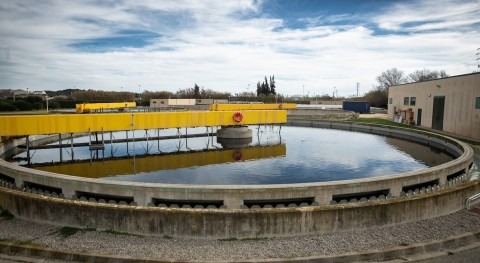On November 4 the United States formally withdrew from the 2015 Paris Agreement on Climate Change, reports Phys.org.
Meanwhile, the commitment of the UNFCCC and partners remains firm. In a joint statement, Chile, France, Italy, UK and UN Climate Change stated their regret at the U.S. withdrawal, and restated their support for climate action under the framework of the Paris agreement: “we remain committed to working with all U.S. stakeholders and partners around the world to accelerate climate action, and with all signatories to ensure the full implementation of the Paris Agreement”. The next global climate change conference, COP26, had to be postponed to due to the pandemic and will be held in Glasgow in November 2021.
Under the Paris Agreement, countries pledge to take action to keep temperature rise to below 2 degrees Celsius and limit global warming to 1.5 degrees. Countries set their own targets to reduce greenhouse gasses, and are required to report on them.
To date 189 countries have ratified the accord, and another six have signed it, but not ratified it. Any party can withdraw after three years from the date on which the deal entered into force for that country. In the case of the U.S., the Obama administration ratified the Paris Agreement on September 3, 2016, and it entered into force 2 months later. In August 2017, the Trump administration formally notified the UN of its intention to withdraw from the Paris pact as soon as it was eligible to do so, a decision which became effective last Wednesday.
What next? While the results of the U.S. election are still to be known, Joe Biden has announced he intends to rejoin the Paris accord. Even if Democrats control the presidency and the House, but not the Senate, this can still be done because Senate ratification is not required, as Christian Downie explains in The Conversation. Biden has promised ambitious targets for the power, transport and manufacturing sectors, with the support of government investment. New regulatory measures can be implemented, even with a divided Congress, using the executive powers of the U.S. government. “Under a Biden administration, the U.S. will have the most progressive position on climate change in the nation’s history”, Downie thinks.




















